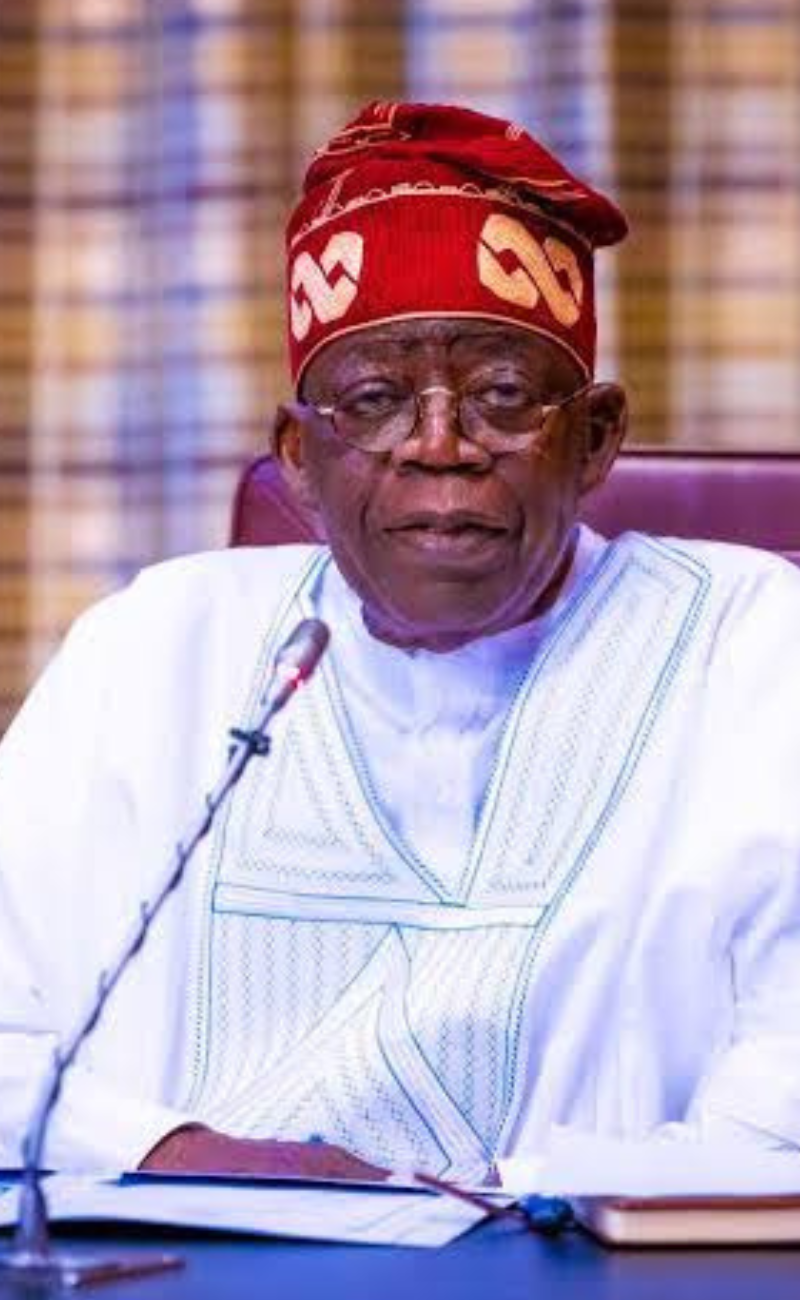In a significant step towards overhauling Nigeria’s fiscal framework, President Bola Tinubu signed into law four key tax reform bills

President Bola Tinubu has signed into law four key tax reform bills aimed at unifying tax administration, improving revenue generation, and enhancing the country’s business climate.
The bills were signed on Thursday at a brief but symbolic ceremony held at the Aso Rock Presidential Villa in Abuja at about 3:20pm, in the presence of top government officials and key stakeholders.
The legislation, considered one of the most ambitious fiscal reforms in Nigeria’s recent history, is a direct product of the recommendations from the Presidential Fiscal Policy and Tax Reform Committee chaired by Taiwo Oyedele, and had been in gestation for over eight months with extensive stakeholder consultations.
According to presidential spokesperson Bayo Onanuga, the newly enacted tax laws are expected to “significantly transform tax administration in the country, leading to increased revenue generation, improved business environment, and a boost in domestic and foreign investments.”
The four bills explained
1. Nigeria Tax Bill
This bill seeks to consolidate Nigeria’s scattered and overlapping tax statutes into a single, harmonised legal framework. It addresses the multiplicity of taxes imposed by various levels of government often cited by businesses and investors as a major impediment to ease of doing business in the country.
Key features:
- Harmonisation of over 60 tax-related provisions spread across multiple laws.
- Elimination of duplicate or conflicting tax obligations.
- Provides a clear and streamlined tax schedule for small, medium, and large businesses.
- Reduces compliance costs for businesses and simplifies tax filing.
2. Nigeria Tax Administration Bill
This legislation provides a uniform legal and administrative framework for tax administration across all tiers of government – federal, state, and local.
Key features:
- Establishes a standardised tax audit, enforcement, and dispute resolution process nationwide.
- Mandates automation and data sharing among tax authorities.
- Prescribes sanctions for non-compliance and arbitrary taxation by subnational entities.
- Institutionalises taxpayer education and service delivery mechanisms.
3. Nigeria Revenue Service (Establishment) Bill
Perhaps the most transformative of the four, this bill repeals the Federal Inland Revenue Service (Establishment) Act, 2007, and establishes a new, independent Nigeria Revenue Service (NRS).
Key features:
- Expands the NRS’s mandate to include non-tax revenue collection, such as levies, fines, and licenses.
- Introduces performance-based benchmarks for staff and service delivery.
- Prescribes mechanisms for transparency, public reporting, and digital automation.
- Shields the service from political interference through operational autonomy and governance safeguards
4. Joint Revenue Board (Establishment) Bill
The fourth bill establishes a Joint Tax and Revenue Board to serve as the central coordinating body for federal, state, and local tax authorities.
Key features:
- Creates a formal governance structure for tax harmonisation across the federation.
- Institutionalises a Tax Appeal Tribunal to handle disputes swiftly and transparently.
- Establishes an Office of the Tax Ombudsman to resolve taxpayer complaints.
- Promotes inter-agency collaboration and reduces administrative bottlenecks.
READ ALSO: NASS adopts harmonised tax bills, awaits presidential assent
Legislative journey and political significance
The tax bills were initially transmitted to the National Assembly in January 2025 as executive proposals backed by the Presidential Tax Reform Committee. After first readings in February, public hearings were held in March and April, with inputs from civil society, industry leaders, legal experts, and tax professionals.
The bills were passed by both chambers of the National Assembly in May 2025, and harmonised by a conference committee led by Sen. Sani Musa, chairman of the Senate Committee on Finance, and Rep. James Faleke, his counterpart in the House.
Their passage marks a rare consensus between the executive and legislature on economic reforms. Senate President Godswill Akpabio and House Speaker Tajudeen Abbas were present at the signing, alongside Minister of Finance Wale Edun, Attorney General Lateef Fagbemi, and governors including Abdulrahman Abdulrazaq (Kwara) and Hope Uzodinma (Imo).
Effective date and next steps
The reforms will take effect from 1 January 2026, allowing a six-month transition window for public sensitisation, regulatory alignment, and system updates.
Federal Inland Revenue Service (FIRS) Chairman Zacch Adedeji said the phased implementation is necessary to “give operators, regulators, and taxpayers adequate time to adjust and prepare.”
He assured that the government will roll out nationwide tax education campaigns beginning July 2025.




